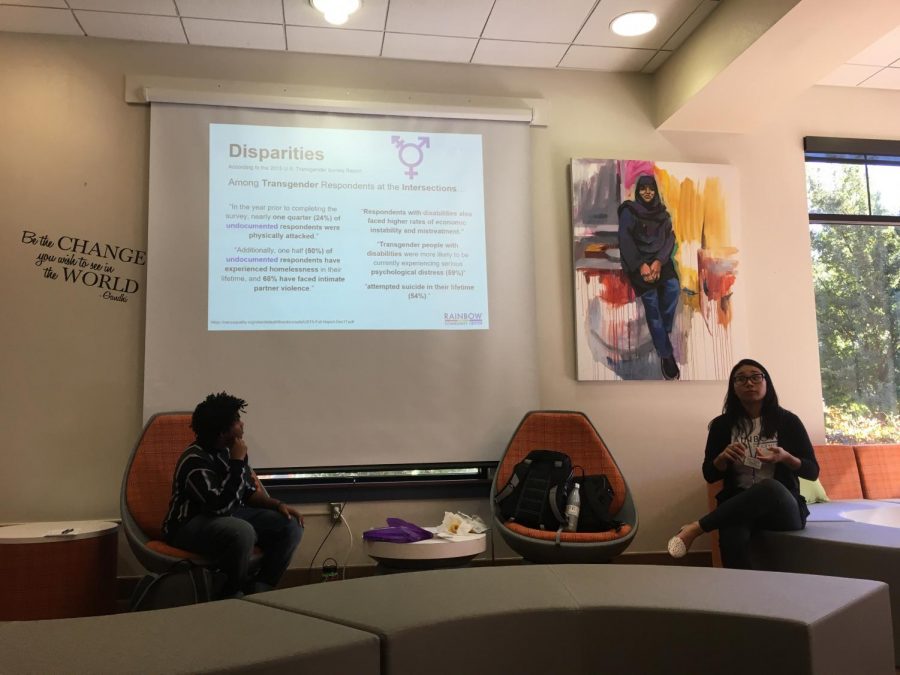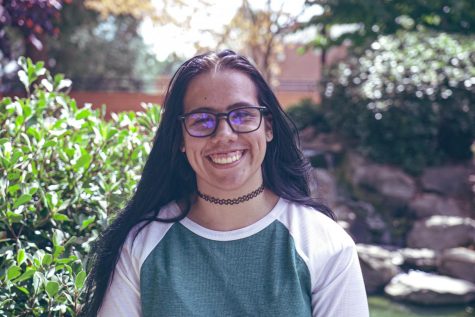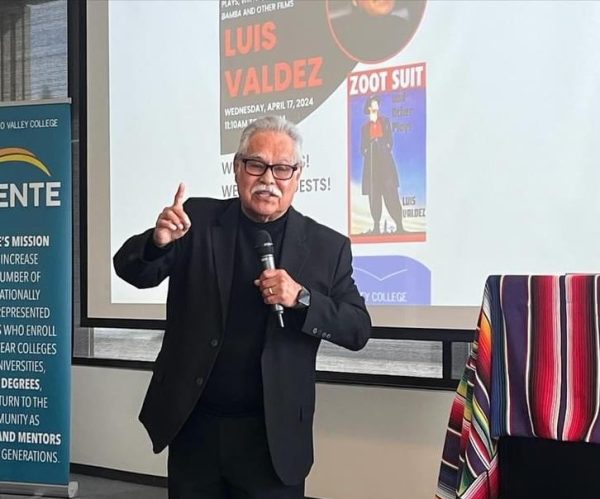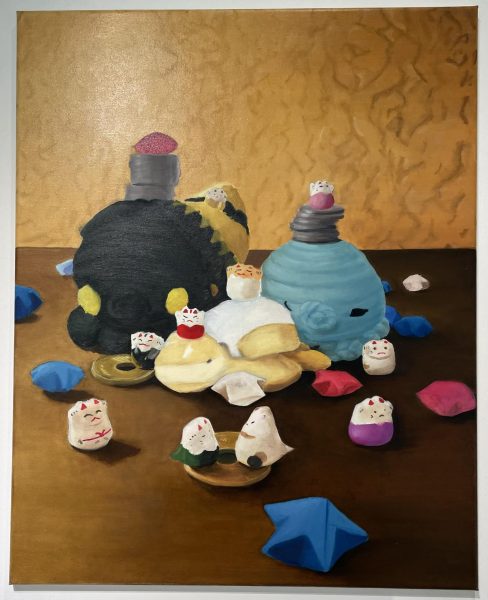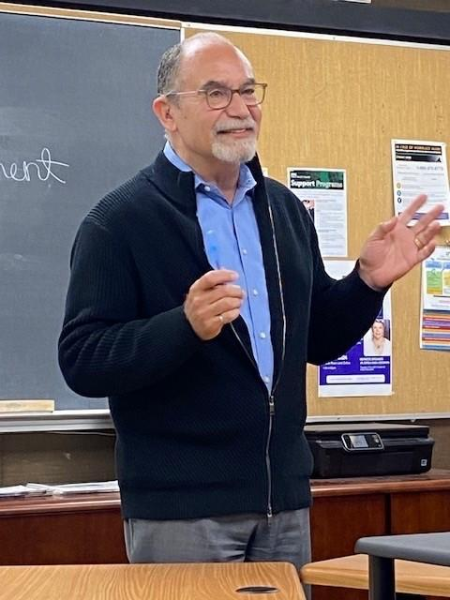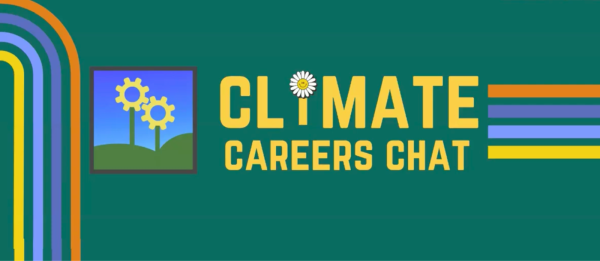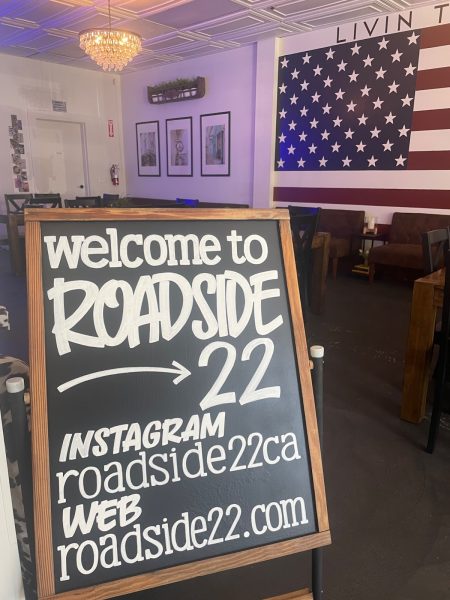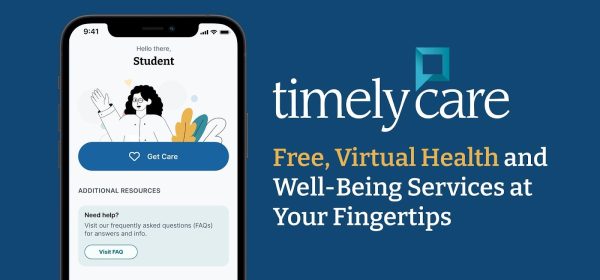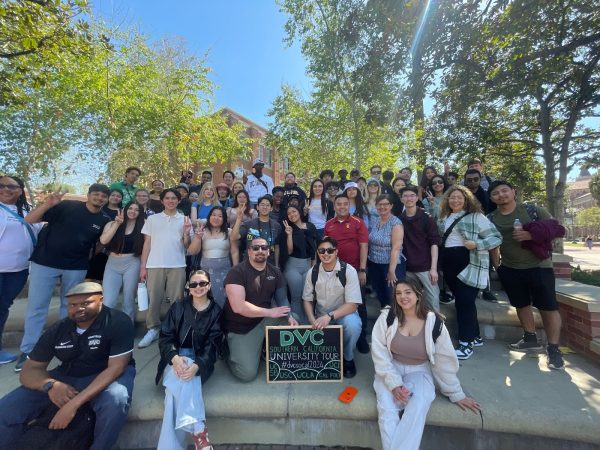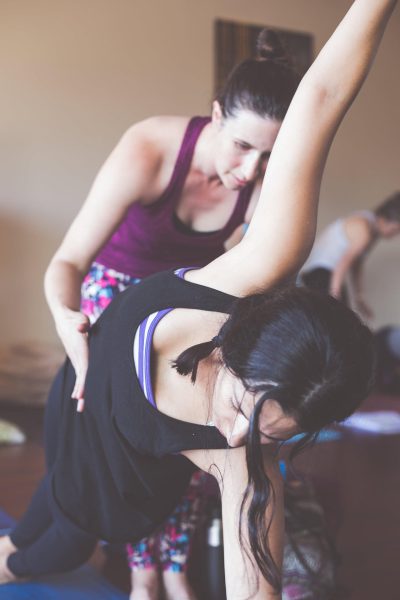Rainbow Community Center advocates for LGBTQ+ students
From left to right, Daphnee Valdez and Niq Muldrow speak to students on behalf of the Rainbow Community Center regarding the disparities of the LGBTQ+ and transgender community. The workshop took place on Oct. 24 in the Student Life center. (Emma Hall/The Inquirer).
October 31, 2018
More than 10 million adults living in the United States identify as LGBTQ+ (Lesbian, Gay, Bisexual, Transgender, Queer and or Questioning) according to the Pew Research Center.
At Diablo Valley College, on the Pleasant Hill campus, representatives from the Rainbow Community Center in Concord held a workshop educating students on gender expression, LGBTQ+ terminology like pronouns and sexual orientations, and the rights of LGBTQ+ students.
“At the end of the day, it’s remembering what [gender and sexuality] means to them,” said Daphnee Valdez, the director of Youth Services at the Rainbow Community Center and one of the hosts of the workshop. “It really depends on how [gender and sexuality] makes them feel.”
The Rainbow Community Center is a non-profit organization that aims to create a community amongst LGBTQ+ people and allies. They also provide services for members of the LGBTQ+ community and host events and programs. The workshop, held on Oct. 24, was hosted by Valdez and Niq Muldrow, a youth outreach counselor, and a freshman at DVC.
Valdez and Muldrow also spoke about the disparities members of the LGBTQ+ community face, showing statistics from a study from 2015 by the Trans Survey Report. According to the study’s findings, one quarter of undocumented transgender respondents have been physically attacked because of their gender identity, half of those respondents also have experienced homelessness in their lifetimes.
The survey also states that respondents who have disabilities face higher rates of economic instability and mistreatment. 59 nine percent of those respondents were also found to be more likely to experience serious psychological distress, and 54 percent had attempted suicide in their lifetime.
In regards to the use of restrooms, 59 percent of respondents admitted to avoiding the use of a public restroom due to the fear of confrontations. Almost one-third of respondents also cited that they limit the amount of food and drinks they consume in order to avoid a confrontation. Because of this, eight percent of respondents stated that experienced a urinary tract infection, kidney infection, or other related problems due to this fact.
The survey also stated that 20 percent of homeless youth identity within the LGBTQ+ community, and 58.7 percent of them experienced being sexually exploited or trafficked.
“It’s heartbreaking hearing that students don’t know their right,” said Valdez. “We want to make sure that they know their rights and are not taken advantage of in any way.”
Alongside discussing the struggles of the LGBTQ+ community, Muldrow and Valdez also spoke about other outlets and laws that protect the rights of LGBTQ+ and transgender people that are considerably not well-known. Specific bills of the Fair Educational Act, established in 2011, were discussed. These bills included SB 48: the fair, accurate, inclusive, and respectful education act, SB 71: the California Comprehensive Sexual Health and HIV/AIDs Prevention Act, AB 9: Seth’s law which legally requires faculty to legally report incidents of discrimination and harassment towards LGBTQ+ students, and AB 1266: School Success & Opportunities Act.
The Rainbow Community Center also provided other resources to students who attended the workshop, giving them names of other organizations that provide services and protect the rights of LGBTQ+ students.
“As a person in the LGBTQ+ community, I believe that having outlets is one of the best things you can do for people like me. I, like a lot of people in the LGBTQ+, have to stay quiet about my sexuality around my family,” said Faith Novin, one of the student participants of the workshop. “It is very hard to find support and the Rainbow Community Center is doing an amazing thing by offering these resources.”
While people who identify within the LGBTQ+ community have received more legal representation and rights over the last decade, concerns still linger deeply in regards to the current presidential administration. The recent consideration by the Trump administration has urged to define gender by one’s biological sex, this was a topic discussed during the workshop. This effort is trying to be established by Trump’s Department of Health and Human Services, to organize a legal definition of one’s sex under Title IX of the Education Amendments Act of 1972, according to the New York Times. Title IX states that “no person in the United States shall, on the basis of sex, be excluded from participation in, be denied the benefits of, or be subjected to discrimination under any education program or activity receiving Federal financial assistance.”
This discussion has caused significant controversy and backlash from the LGBTQ+ community towards the Trump administration. Many have expressed concerns that if this change of defining gender is put into place, it would push back recognition of transgender rights. To those attending the workshop, with the Rainbow Community Center providing resources for transgender students, gave them a sense of comfort.
‘I was very pleased to hear that trans people have had more rights over the years,” said Novin. “But I am also sad to hear that a lot of these rights have been or will be repealed due to the Trump administration.”
According to Sara Larkin, the director of student activities at DVC, the Rainbow Community Center will return during the Spring semester with more workshops and presentations open to the student body.
“There are folks in our community who need our help,” said Muldrow. “[We want to] let those folks know who we are and that they have a place to go.”





































































